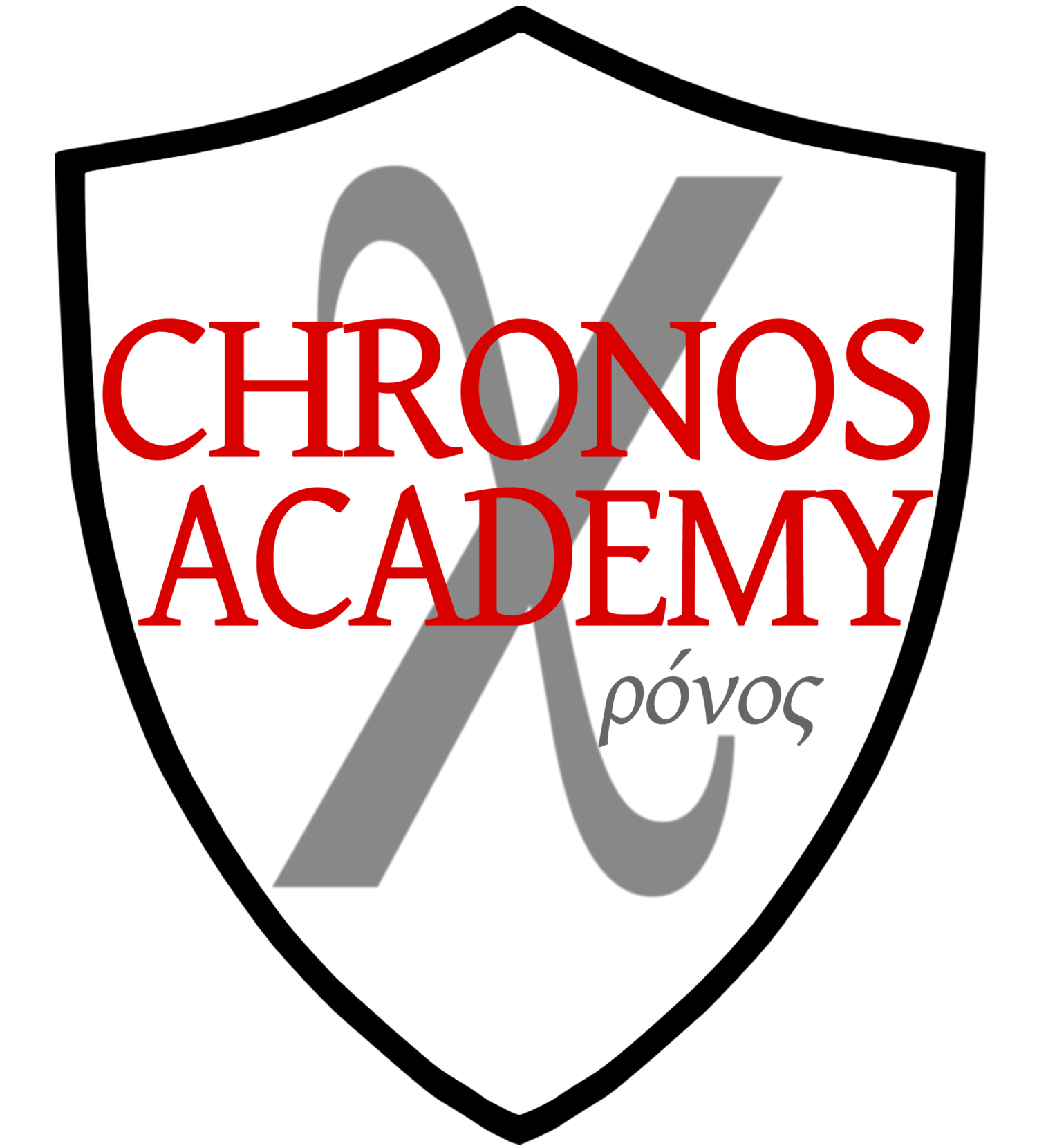Middle Ages Week 33
/Thursday Cohorts
Grammarians
PreK-4th graders
History: Oda Nobunaga with his army of samarai unified Japan by conquering other tribes. His Sandal-Bearer Hideyoshi became Imperial Regent in 1585. He tried to conquer China by going through Korea. Then Tokugawa Ieyasu claimed the title Shogun, ruled the capital Edo and killed Hideyori's heirs to grant his family the Shogunate.
Learn more about the Japan on Khan Academy.
Read The Story of the World, Vol. 3, Chapter 5 and do the activities in the Activity Guide.
Geography: Memorize these countries of South America:
Ecuador
Peru
Chile
Argentina
Bolivia
Paraguay
Uraguay
Practice memorizing the countries of South America with this game!
Science: The dependent variable varies with change in the independent variable, which does not depend on the change of another variable.
Math: In scientific notation all numbers are written in the form m × 10^n (m times ten raised to the power of n), where the exponent n is an integer, and the coefficient m is any real number, called the significand.
Greek: Memorize Greek vocabulary:
ἴσος equal
άνισος unequal
ὅλος whole
παράλληλος parallel
ευθύγραμμος rectilinear
English:
irregular verbs
go-went-gone
know-knew-known
lay-laid-laid
leave-left-left
lie-lay-lain
make-made-made
Learn more about irregular verbs on Grammar Revolution.
Presentation: Prepare a presentation on one of these activities or another topic you’ve been learning and share with the class next week!
Writing Club (3-4th)
Medieval History-Based Writing: Finish Chronos Capstone and practice presenting it.
Diagram Week 32 sentences.
Dialecticians (5-8th grades)
Writing: Write a three to five paragraph essay describing the accomplishments of three people from the Middle Ages.
I. Introduction
II. History
III. Science/Math
IV. Arts/Literature
V. Conclusion
Capstone: Practice presenting your capstone in preparation for the End-of-the-Year celebration!
Geography quiz: We’ll take final World Map Test next week. Don’t forget to review geographical features as well. Study Lizardpoint or test yourself on paper!
Presentation: Research and prepare a notecard keyword outline for your presentation this week. Don’t write it out word for word, and do bring a note card of your key word outline - you’ll forget what you learned! We did not choose topics in class, so please choose from one of the topics below by Monday!
History - Learn more about the Japan on Khan Academy.
Philosophy - Philosophy is written in that great book which is continually open before our eyes (I speak of the universe), but no one can understand it who does not first learn the language, and come to know the characters, in which it is written. It is written in mathematical language, and the characters are triangles, circles, and other geometrical figures, without which means it is humanly impossible to understand a word; without these, one is wandering vainly in a dark labyrinth. -- Galileo Galilei
Art/Literature - Journey to the West, and the full text. Amazon has a good video version.
Science - Galileo worked on pendulums. Here’s an article about them.
Math - Simon Stevin was a mathematician who promoted decimal notation. His book is translated here.
Geography - research a country in South America
History: Oda Nobunaga with his army of samarai unified Japan by conquering other tribes. His Sandal-Bearer Hideyoshi became Imperial Regent in 1585. He tried to conquer China by going through Korea. Then Tokugawa Ieyasu claimed the title Shogun, ruled the capital Edo and killed Hideyori's heirs to grant his family the Shogunate.
Learn more about the Japan on Khan Academy.
Read The Story of the World, Vol. 3, Chapter 5 and do the activities in the Activity Guide.
Geography: Memorize these countries of South America:
Ecuador
Peru
Chile
Argentina
Bolivia
Paraguay
Uraguay
Practice memorizing the countries of South America with this game!
Science: The dependent variable varies with change in the independent variable, which does not depend on the change of another variable.
Math: In scientific notation all numbers are written in the form m × 10^n (m times ten raised to the power of n), where the exponent n is an integer, and the coefficient m is any real number, called the significand.
Greek: Memorize Greek vocabulary:
ἴσος equal
άνισος unequal
ὅλος whole
παράλληλος parallel
ευθύγραμμος rectilinear
English:
irregular verbs
go-went-gone
know-knew-known
lay-laid-laid
leave-left-left
lie-lay-lain
make-made-made
Diagramming: Complete question confirmation & label each word in the sentence, state structure, purpose & patterns for each and diagram Week 31 sentences:
Not only did Oda Nobunaga unify Japan by conquering other tribes but also his Sandal-Bearer Hideyoshi tried to conquer China by going through Korea.
In 1948 either Mohandas Gandhi was assassinated, or the nation of Israel was established.
The decision, Brown v. Board of Education, both paved the way for integration and served as a model for future civil rights cases.
Who knows whether Soviet astronauts or American astronauts first walked on the moon?
John F. Kennedy was not only a Congressman representing Massachusetts but also the 35th President of the United States.
Galen was a physician to not only gladiators but also emperors in 157 AD!
Pappus of Alexandria writes Synagoge (Collections) which is a guide to Greek geometry.
The dependent variable varies with change in the independent variable, which does not depend on the change of another variable.
Tuesday classes
Book Club: We have discussed several themes in our books this year: God, family, role of women, heroism, victims & enemies, racism, classism, etc. Pick a theme and write a paragraph on evidences you found of that theme in either The Kite Rider and Crispin Cross of Lead. Then write a second paragraph on the same theme in a book you’ve checked out from the Book Club Library and read this year. Be ready to share your paragraphs in class this Tuesday. We will act out more Shakespeare in class.
MAKE: History: We’ll read The Story of the World, Vol. 3, Chapter 5 and have a Japanese tea ceremony.
Drawing out Arithmetic: In class we’ll conclude Book 5 propositions.
Greek: Complete any unfinished sections in your Greek workbook and continue translating the New Testament passage distributed in class. We’ll translate Euclid in class.
Wednesday classes
Make Science: In class we’ll learn more about Galileo’s experiments.
Math Club: Learn about Stevin and scientific notation.
Art Appreciation: Learn about Japanese calligraphy.
Writing Club Homework: Writing Club Homework: Week 32 DUE ON JUNE 6, 2018
Upper Dialecticians (7-9) and Lower Dialecticians (5-6)
IEW Medieval History-Based Writing Lessons:
CAPSTONES! You should have your Capstone paper completed. Proofread and edit the body paragraphs and the introduction and conclusion. Make sure your title repeats or reflects key words in the clincher. Use checklist on page 207 for you body paragraphs and the checklist on page 214 for your conclusion and introduction. Utilize vocabulary (pages 260-261) to add to your paper. Merge your introduction, three body paragraphs, and the conclusion onto one paper. Be ready to polish and present next week!
Fix it! Grammar:
Complete Weeks 31 and 32 in your book. Copy the corrected paragraph into your notebook. Review the Grammar Cards in the back of your notebook. They really help! Suggestion: use two different colored pencils to correct the punctuation and parts of speech. Review in preparation for next weeks!
Upper Grammarians (3-4):
IEW Medieval History-Based Writing Lessons:
CAPSTONES! You should have your Capstone paper completed. Proofread and edit the body paragraphs and the introduction and conclusion. Make sure your title repeats or reflects key words in the clincher. Use chuckles on page 207 for you body paragraphs and the checklist on page 214 for your conclusion and introduction. Utilize vocabulary (pages 260-261) to add to your paper. Merge your introduction, three body paragraphs, and the conclusion onto one paper.
Fix it! Grammar:
Complete Week 31 and 32 in your book. Copy the corrected paragraph into your notebook. Review the Grammar Cards in the back of your notebook. They really help! Suggestion: use two different colored pencils to correct the punctuation and parts of speech. Review in preparation for next week!



